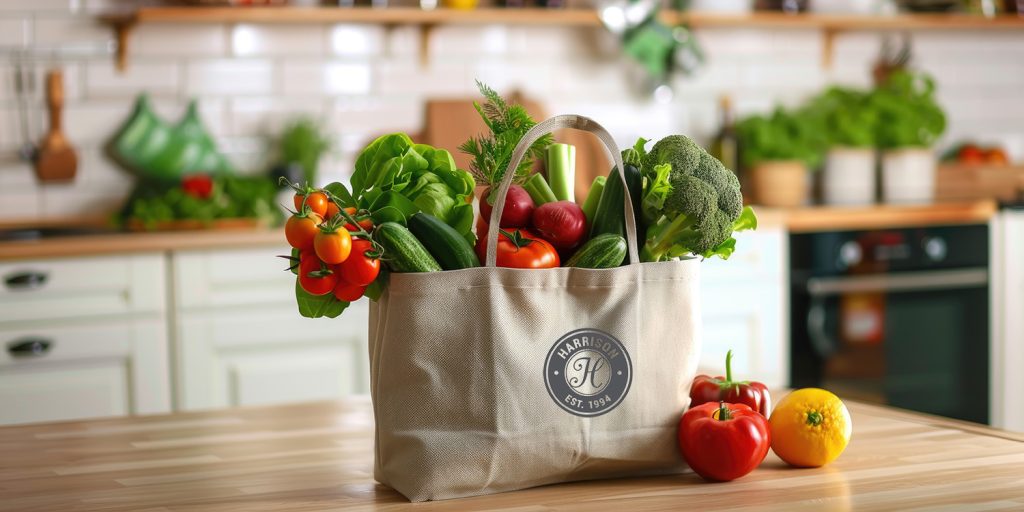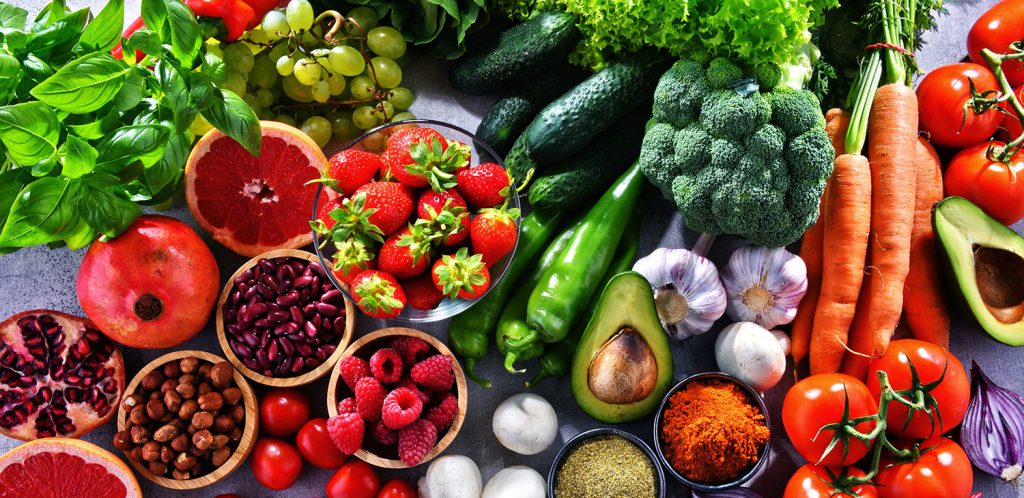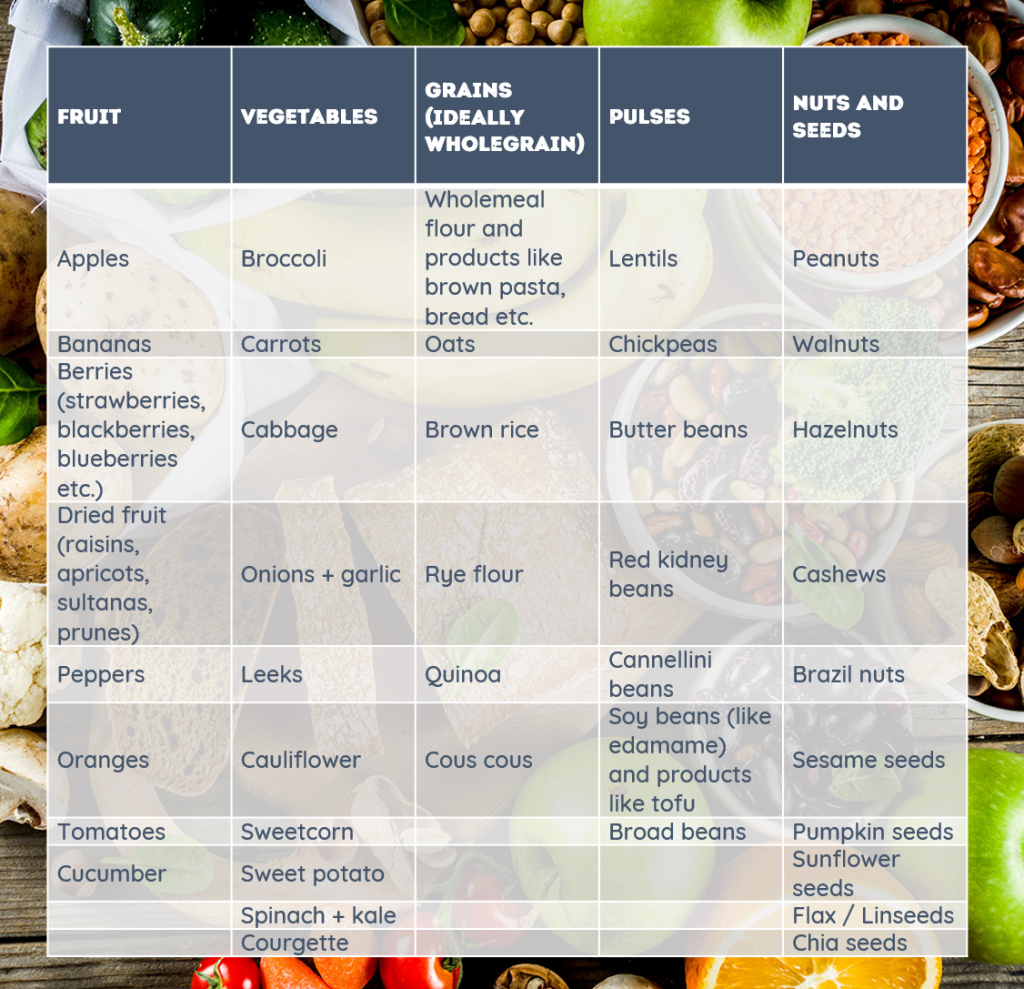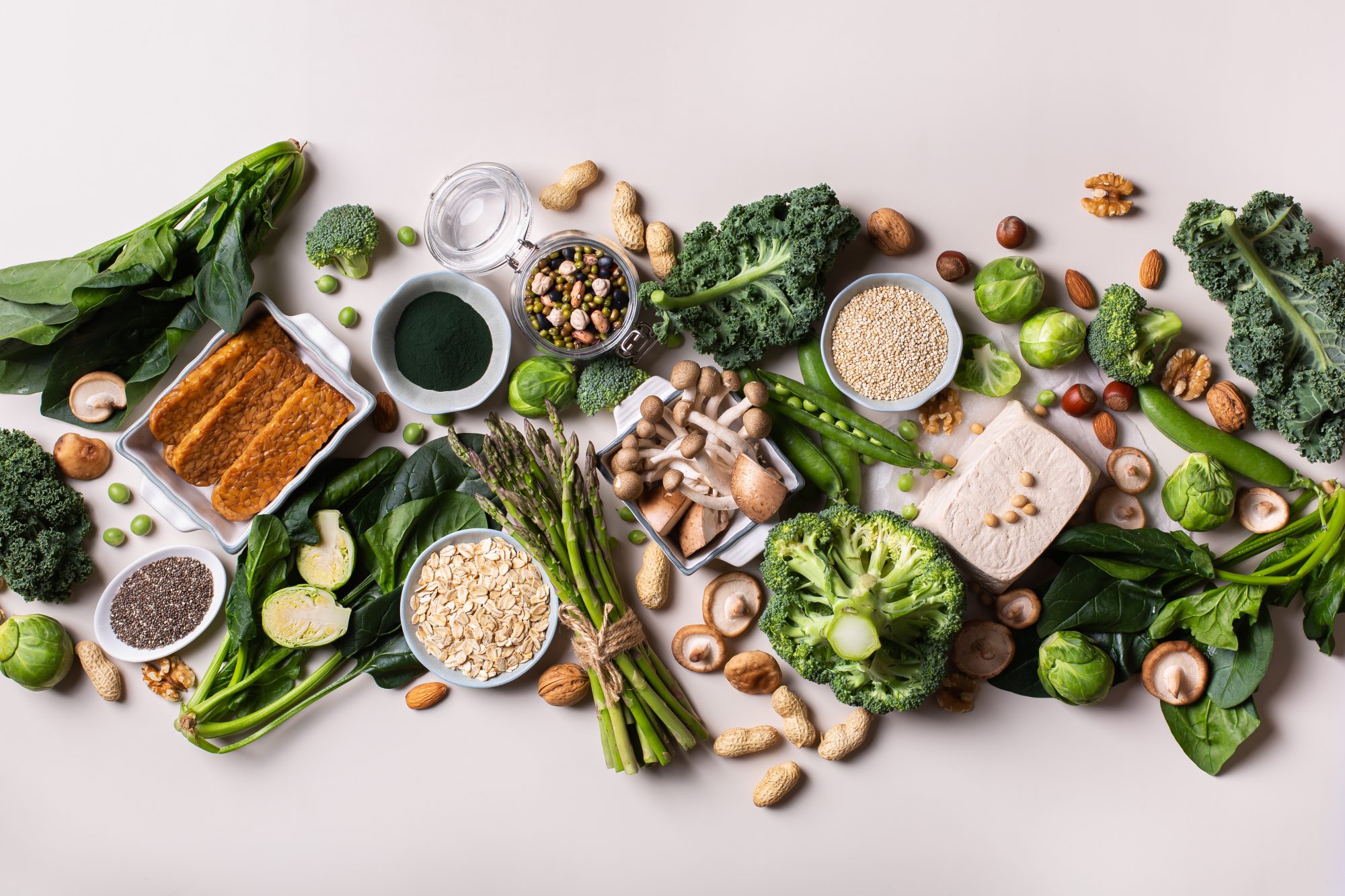
60 second summary:
- Studies suggest that eating 30 different plant-based foods a week can improve gut health
- Eating a wide range of plant-based foods can be good for your health and the planet
- Try to eat a rainbow of fruit and vegetables each week
- Eat a variety of wholegrains like rice, pasta, oats and bread
- Eat a range of pulses, nuts and seeds
- Even herbs and spices count!
- Don’t worry about getting to 30. Just eat as much variety as you can!
As Harrison celebrates 30 years of providing high quality food and services to schools and businesses, we bring some well-needed clarity to the popular recommendation to eat 30 plants a week.
The science of 30 plants
A 2018 study that researched over 10,000 people showed that those who ate 30 plant-based foods each week had a greater diversity of healthy gut bacteria than those eating just 10.
A more varied range of microbes in the gut is linked to better digestion and immune function. It’s thought that the gut bacterial diversity can even influence our mood and appetite.
In any case, basing your diet on plant-based foods is not only good for your gut, it reduces your risk of cardiovascular diseases, cancer, and type 2 diabetes, for example, as well as being more environmentally sustainable.

Do I really have to eat 30 plants?
The research shows that the more variety of plant-based foods you eat, the more benefits for gut health so if you don’t make it to 30, that’s fine! Just try to eat plenty of different types of plant foods each week. The wider the range, the more nutrients you’ll eat so it will have all round health benefits.
What counts and how much should I eat?
To get your 5 pieces of fruit and vegetables a day, you need to eat 80g of fresh, frozen or canned fruit and veg per serve but to get your 30 plants a week, the portion size is less important than the overall variety. Even herbs and spices count but they only count as a quarter of a so-called ‘plant point’.
Have a look at the table for different ways to eat 30 plants or ‘plant points’ a week
Each of the following, regardless of portion size, counts as 1 plant point
Go for a range of colours if you can and mix foods together e.g. mixed berries, nuts, seeds or grains to increase the variety.
Herbs and spices count as a quarter of a plant point each e.g. basil, oregano, rosemary, thyme, paprika, cumin, turmeric, pepper, ginger, cinnamon. Go for mixed herbs and spices to optimise your points but try to eat them several times a week to maximise the amount you eat.
In summary, eating a wide variety of plant-based foods can help benefit your gut and reduce your risk of many diseases but don’t get too hung up on the numbers. Eat a rainbow of plant-based foods each week and enjoy your meals.
Claire Baseley – Consultant Nutritionist
